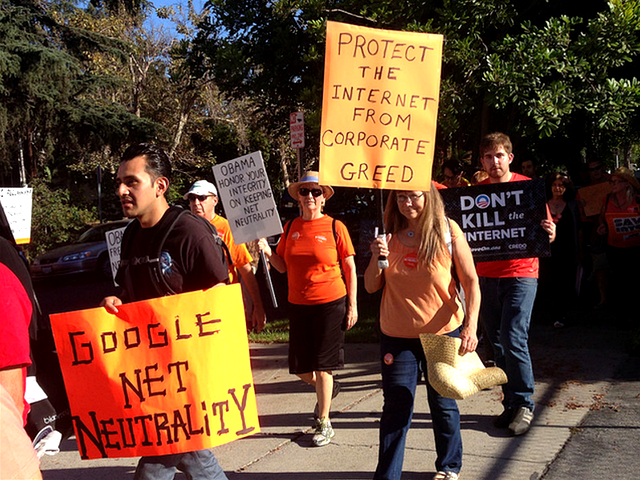
More than three million comments, from consumers, businesses and other organizations, have been submitted in response to the controversial US debate over net neutrality.
The controversy has arisen over whether Internet service providers, such as Comcast and Verizon, should be allowed to introduce fast lanes, delivering paid-for traffic to users more quickly.
The debate, which closed on 15 September, saw the US regulator, the Federal Communications Commission (FCC), clash with net advocate groups and content providers. The FCC has had to reconsider its rules on net neutrality, following a January court case that ruled that ISPs could charge for bandwidth-heavy services like Netflix.
The net watchdog has since agreed to ISPs charging for different levels of online access, dependent on them meeting a new standard of "commercial reasonableness," judged on a case-by-case basis.
While many online groups feel the Internet should be reclassified as a utility due to its importance, ISPs argue that it cannot meet future bandwidth demands without making money from existing services.
Matthew Howett, an analyst from independent consultancy firm Ovum, believes the debate will be centred on what can be considered "commercially reasonable".
"The possibility of 'fast lanes' remains a distinct possibility... but on the assumption that a 'basic' lane remains unaffected in an attempt to avoid a situation of 'haves' and 'have-nots'".
Several major Internet brands including Netflix and Twitter took part in an online slowdown protest last week, with many brands also sending the FCC written disapproval over the changes.
The FCC will review all submissions provided during the debate before deciding on any changes, which are expected to be implemented before the end of 2014.
Published under license from ITProPortal.com, a Net Communities Ltd Publication. All rights reserved.

